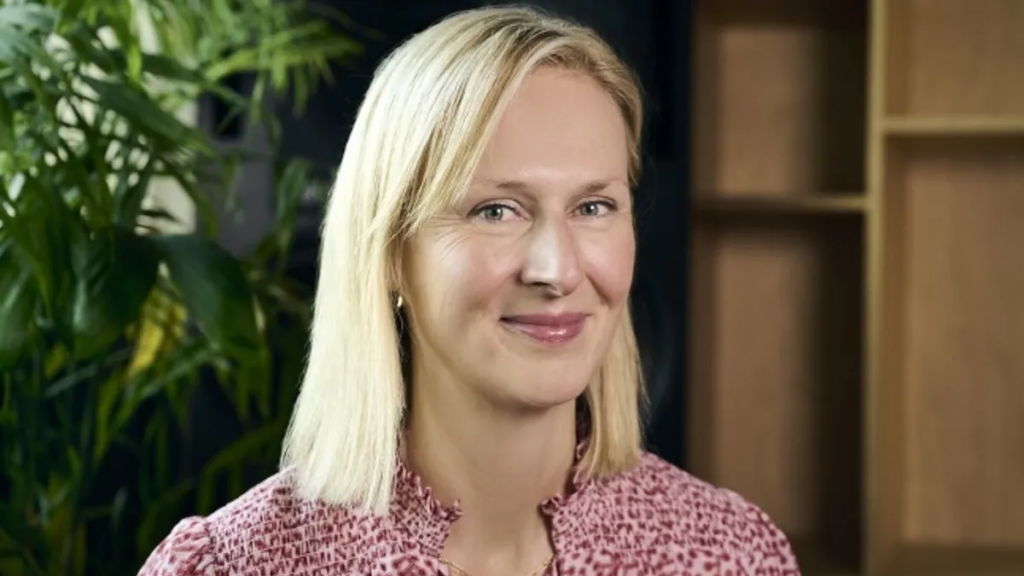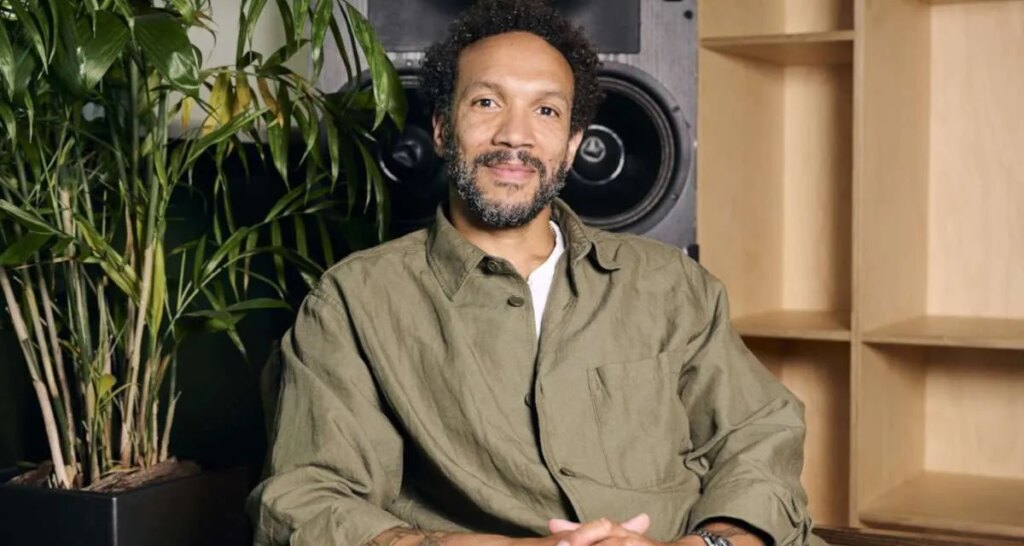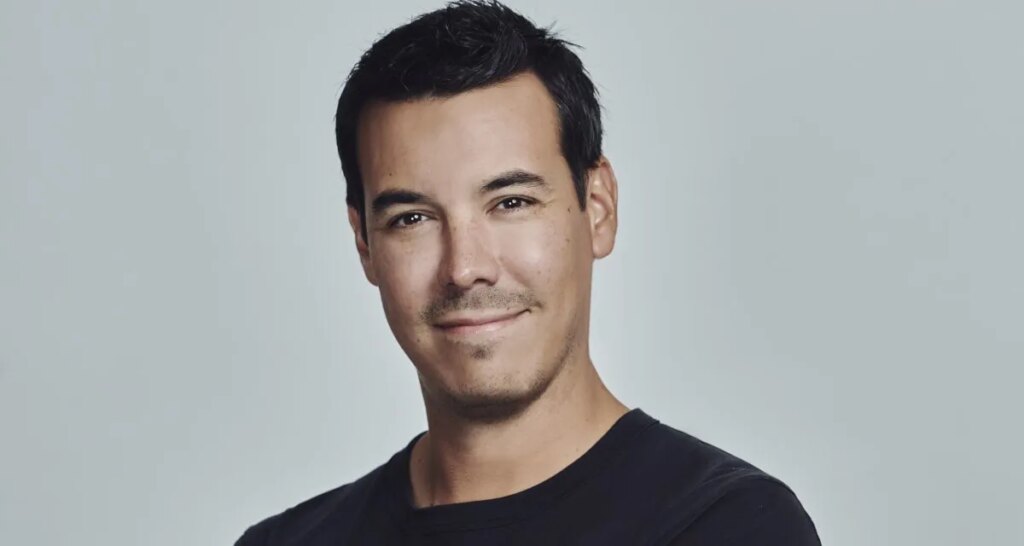WMG’s Cross-Atlantic Shake-Up Has an Aftershock as Warner Music UK COO Abruptly Departs

Photo Credit: Isabel Garvey by Sarah Louise Bennett / WMG
Isabel Garvey is stepping down from her role as COO at Warner Music UK as the WMG shake-up continues.
On the heels of the departure of Warner Music UK CEO Tony Harlow, the company’s COO Isabel Garvey is now stepping down from her role. Garvey told colleagues of her planned move in an internal note, confirming the decision was made following last month’s reorganization that saw Harlow step down. Garvey will depart at the end of December.
Meanwhile, Atlantic and Warner Records presidents will report to U.S. management, while Warner Music UK’s other teams will be overseen by Simon Robson, President, EMEA, Recorded Music.
“I’m excited by the prospect of taking on new challenges and believe that this is the right decision for me and for the company,” wrote Garvey. “Without a COO role, and our label heads joining the global management teams of Atlantic and Warner Records, the central functions will all be led by Simon, ensuring the new structure is simple and the lines of accountability are clear.”
“I’ve really enjoyed being part of this stellar team,” she continued. “Through a period of significant change, I’ve been so impressed by your resilience and adaptability, and I’m proud of what we’ve achieved together.”
Simon Robson addressed Warner staff in a separate memo: “I want to take this opportunity to say thank you for [Garvey’s] tremendous contribution to our business in the UK over recent years. Isabel shaped our approach and culture at a time of seismic change in the industry, and Warner Music has benefited enormously from her strategic thinking and fresh perspective.”
It’s not yet known what Garvey’s next move will be. She was previously appointed MD at Universal Music’s Abbey Road Studios in 2014. But her departure from Warner Music UK comes during some major changes at the company, as Warner Music Group CEO Robert Kyncl announced cuts to staff across the board.
WMG also announced investments in the technology side of the business, having unveiled its “remaining steps” over the summer. This includes a further $300 million in annual costs, alongside a $1.2 billion acquisition fund with Bain Capital.
Link to the source article – https://www.digitalmusicnews.com/2025/10/08/wmg-cross-atlantic-shake-up-uk-departure/
-
Mackie MR mk3 Series MR10Smk3 10-Inch Powered Studio Subwoofer$359,99 Buy product
-
Kala Flatwound U•BASS 4-String Set by Gallistrings (KA-BASS-4FW)$65,67 Buy product
-
USB Audio Interface with 1x XLR/TRS 1x 1/4″ 2X RCA USB, Red$45,99 Buy product
-
Ibanez 5 String Bass Guitar, Right, Black (GSR105EXBK)$249,99 Buy product
-
Jiayouy Guitar Effect Pedal Footswitch Toppers Foot Nail Cap Protection Cap for Guitar Effect Pedal Protection Cap Colorful 20PCS/Set$9,99 Buy product
-
Yamaha GigMaker EG Electric Guitar Pack with Amplifier, Gig Bag, Tuner, Cable, Strap and Picks – Metallic Blue$319,99 Buy product












Responses